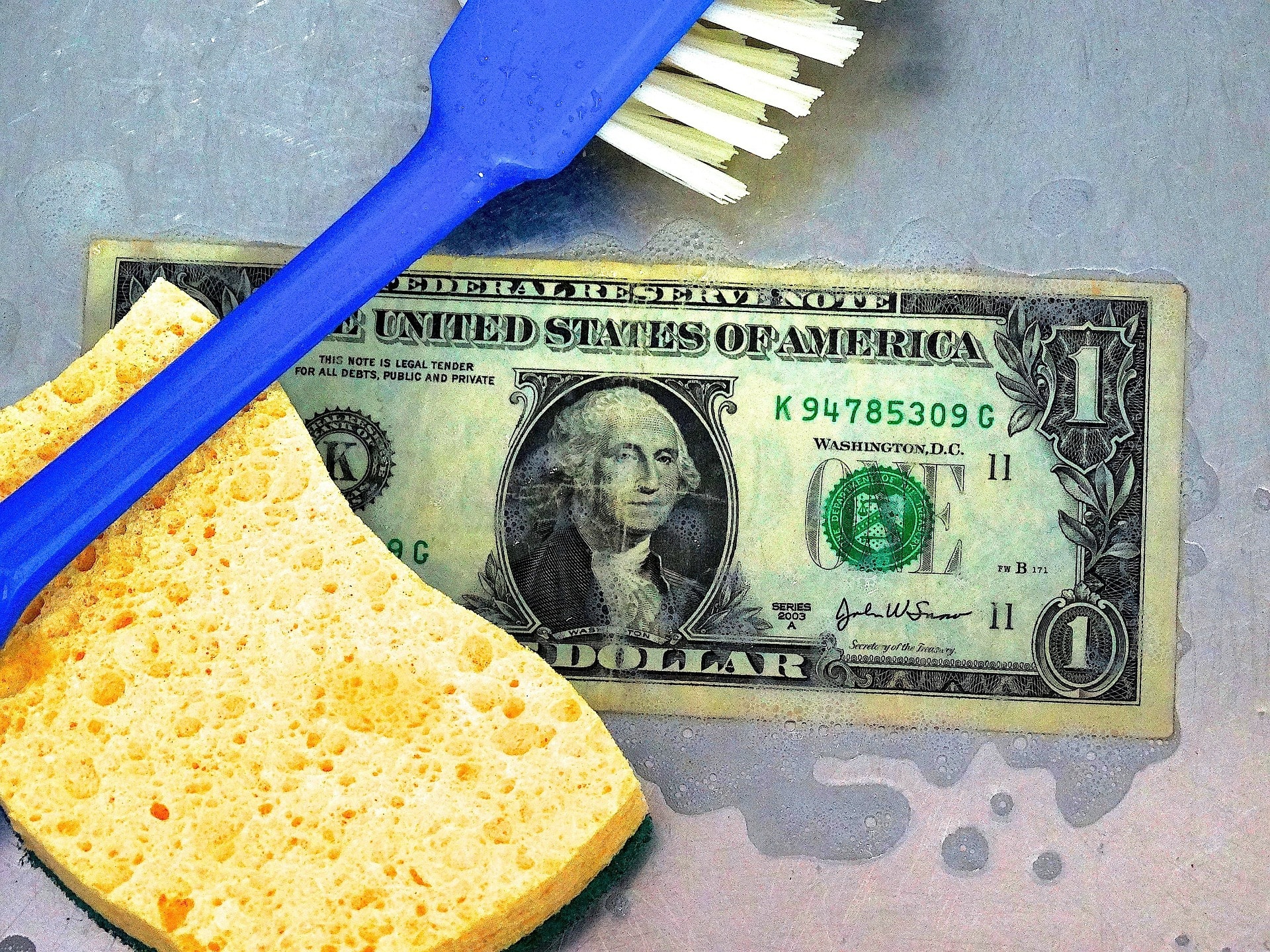
When a new technology emerges, it’s easy to get excited about the potential it brings, and blockchain is no exception. Over recent years, we’ve seen blockchain and cryptocurrencies deployed in a wide variety of different use cases. While there are many discussions around which use cases will ultimately win out, there’s significantly less discussion around blockchain ethics, and the murkier moral issues that have arisen, or could yet emerge.
In this article, we will take a critical look at the positive and negative considerations of blockchain ethics from multiple perspectives, covering economic, environmental and individual viewpoints.
The Good
Financial and Economic
Cryptocurrencies, the first use of blockchain, have much potential to do good in the world. Early investors in Bitcoin found an entirely new channel of wealth creation. Even in this bear market, it’s worth remembering that at the start of 2017, Bitcoin was trading under $1000. How many other assets have appreciated 350 percent over the last two years?
Even despite their volatility, cryptocurrencies are proving to be a financial savior to individuals in countries like Venezuela. The local currency is so unstable it makes Bitcoin a far safer bet.
Now, we are on the cusp of another crypto-finance revolution with security and asset-backed tokens. Using platforms like Polymath, individuals and companies can use tokenization as a way of generating funds or buying fractions of indivisible assets like real estate or even sports teams.
Security token issuance platform, Polymath
Trading stocks and other securities as tokens in a P2P blockchain environment can bring tremendous efficiencies to the world of trade finance. It will eliminate paperwork, as well as lowering fees traditionally taken by intermediaries such as clearing houses or brokers.
Privacy and Identity
As individuals, blockchain is helping us fight back against big tech firms who are all too keen to harvest our data and sell it on to companies. Projects such as Civic allow us to take control over our digital identities. Overall, the consensus is that blockchain will help us to reclaim privacy in our online lives.
Digital identity is also one of the more positive aspects of blockchain ethics applied for humanitarian means. Refugees at a camp in Jordan receive a blockchain-based digital identity. Together with biometric scans, they use it for accessing food aid. Digital identity is also being proven to help homeless people access services like healthcare and welfare payments.
A More Trusting and Democratic Society?
As blockchain starts to gain more widespread adoption, it’s possible that it could cause wider positive changes within society. If we become more used to the concepts of decentralization and what it enables, we may see a shift towards collaboration rather than conflict, as we understand the broader benefits of establishing trust.
As methods of decentralized governance become more developed, it’s also likely that central governments could see citizens demand more decentralization. Switzerland is a model for how direct democracy can work in action on a national level. For that reason, it’s no surprise that the country is at the forefront of blockchain development and adoption.

Switzerland – Direct democracy in action. Image source: Pixabay
The Bad and the Ugly
With all these positives, it would be easy to think there’s nothing further to say on blockchain ethics. But don’t go all misty-eyed at the idea of a decentralized utopian future just yet. There are some negative aspects of blockchain use that we still need to consider.
Crime
Bitcoin got a bad reputation with the authorities from having been used as a payment method in the underground marketplace Silk Road. Even though, in the end, it was the lack of true anonymity in using Bitcoin that brought down the founder, Ross Ulbricht.
Since then, a whole slew of privacy coins has landed on the market, including Monero and ZCash. This is great news for the more privacy-minded folk. However, it’s unfortunately also provided an easy means of laundering money with impunity. Whoever was behind the Wannacry ransomware attack used Shapeshift to change $140k worth of Bitcoin ransom payments into Monero, disappearing without a trace.
Shapeshift was also implicated in a WSJ report from late 2018, alleging that criminals had used Monero to launder tens of millions in dirty money. Around the same time, the Washington Post published a piece stating that cryptocurrency is helping to fund terrorism.

Money laundry is more difficult with USD than Monero. Image source: Pixabay
Of course, there’s nothing wrong with wanting to keep your transactions private. But good blockchain ethics means there has to be a way to stop criminals from abusing the privilege. If there isn’t a way that the community will self-regulate, the authorities will ultimately take matters into their own hands.
Environmental Concerns
It’s true that some projects are concerned with the environmental considerations of blockchain ethics, helping with carbon offsetting and making waste management more efficient. However, there is an undeniable truth, which is that Bitcoin’s proof of work consensus method consumes vast amounts of energy. While we are still burning fossil fuels, the impact on the environment is significant.
Wealth Inequality
There’s every possibility that the wealth creation opportunities of blockchain could help reduce wealth and income inequality. However, in considering how blockchain ethics applies to the economy, we have to give weight to the risk that it ends up creating an even deeper divide.
The fact is that many people in developing countries, or even the more impoverished people in developed countries, often don’t have access to the technological means or know-how to position themselves at the bleeding edge of new technologies. Therefore, it’s entirely possible that the advantages are only accessible to those who are already in a position of relative privilege.
Summary: The Case for Blockchain Ethics
Moral philosophers have been debating ethical questions for centuries. From these debates, often the only thing that becomes clear is that even they don’t have all the answers. It’s also impossible in a single article to cover all facets of a topic as complex as blockchain ethics. The issues discussed above are just a few examples.
However, it’s vital that as a community, we are mindful that the use of technology doesn’t only bring upsides. At least, not for everyone in all circumstances. By keeping this in mind, we can try to extract the maximum benefits from the upsides. At the same time, we should try to minimize any negative impact as much as possible.
The post An Exploration of Blockchain Ethics: a Token with Two Sides appeared first on CoinCentral.

Coincentral.com is author of this content, TheBitcoinNews.com is is not responsible for the content of external sites.
Our Social Networks: Facebook Instagram Pinterest Reddit Telegram Twitter Youtube










